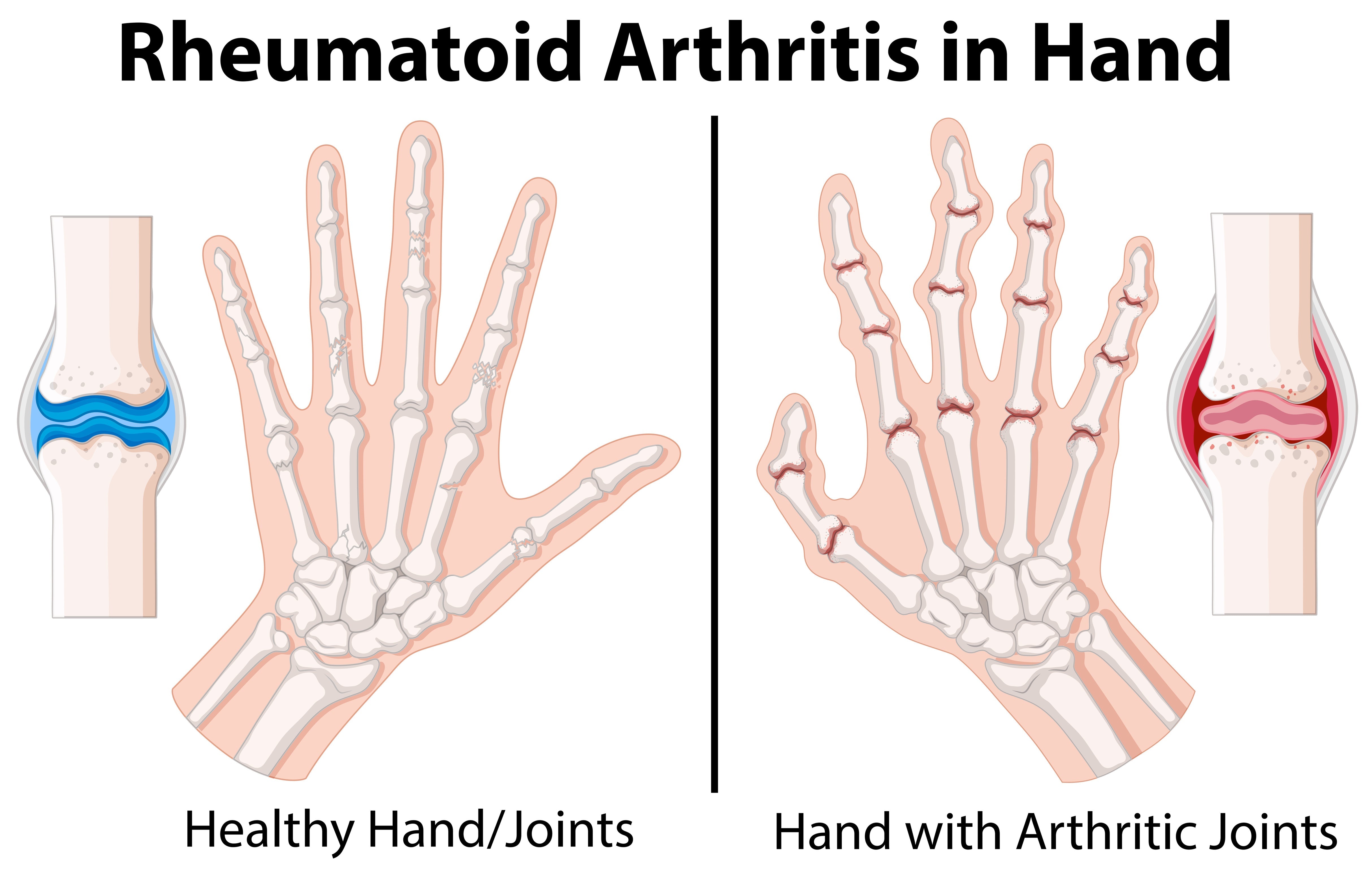Inflammation. Friend or Foe?
Whenever we have an injury - whether it is physical, physiological or an infection - our bodies respond with inflammation. We notice the inflammation through various symptoms. Pain, swelling, brain fog, and fatigue are a few examples. Part of that inflammatory response is a healing component which is very important to the recovery process. However, problems occur when we are in a constant state of inflammation, and we develop chronic issues. We want to take steps to help get out of the inflammatory state. Healthy inflammatory response is not a zero-sum game. The point is to incorporate as many good habits as possible to help with your body’s healing process.
When you take anti-inflammatory medications, you are holding off the inflammatory response, which includes the recovery/healing aspect. It’s throwing the baby out with the bathwater, so to speak. Ideally, you want to modulate your response - don’t over or under react. So, use anti-inflammatory medications sparingly if at all.
One of the ways to do this is to consume a low inflammatory diet. This includes limiting alcohol, simple carbohydrates, meat that is not grass-fed, processed foods and oils, and for many people, gluten. Some people also develop food sensitivities which plays a role in chronic inflammatory.
Another way to help modulate our inflammatory response is to add turmeric to your diet. Turmeric is a spice that is used in many recipes. The active component of turmeric is curcumin that helps with modulating your inflammatory response. Curcumin itself does not absorb very well unless it’s consumed in an essential-oil form (ar-turmerone and turmerone). Whether the inflammation is occurring in one’s knees, colon or brain, curcumin plays a vital role in helping with recovery.
Another great way to help modulate an inflammatory response is to include enough omega-3 oils in your diet. Consuming SMASH fishes (Sardines, Mackerel, Anchovies, Salmon, and Halibut) is the best way to get healthy omega-3s. If you are not keen on eating fish several times a week, taking fish oil supplements that have a ratio of 3:2 EPA/DHA goes a long way in helping your inflammatory response. If you don’t consume any of the fishes mentioned, you want to have 2-3000 mg of Omega 3s daily. For vegans that want to avoid fish, there is also an option - microalgae is a great source of DHA and EPA. Most vegetarian sources of omega-3 come from leafy vegetables, soybeans and flaxseed; however, these foods provide α-linoleic acid (ALA) with has to go through an inefficient conversion to EPA and DHA at 10% or less. Be very careful in how you choose these supplements. You want them to be pharmaceutical grade, and the bottle that they come in should be very dark or opaque.
Taking any supplement and having a bad diet will not help you sustain long-term results. You want to incorporate as many healthy habits as possible. Approaching your well-being in wholistic manner is paramount to helping you maintain long term health.
- Mirhafez SR, et al. DrugMetab Pers Ther. 2019 May 30;34(2)
- Panahi Y, et al. Phytother Res.2014 Nov;28(11):1625-31.
- Bundy R, et al. J Altern Complement Med. 2004 Dec;10(6):1015-8.
- Ghasemi F, et al. Neurotox Res.2019 Jul;36(1):12-26.
- Di Meo F, et al. Nutrients.2019 Oct 11;11(10):2426.
- A high Omega-3 Index may provide effective pain relief for people with chronic musculoskeletal pain. Cleland et al. Nutrition & Dietetics. 2009:66;4-6
- Red Blood Cell Omega-3 Fatty Acid Levels and Markers of Accelerated Brain Aging. Tan ZS, Harris WS, Beiser AS, et al. Neurology 2012;78:658-664.
- Wijendran V, et al. Annu Rev Nutr. 2004;24:597–615.
- Burdge GC, et al. Br J Nutr. 2002;88(4):355-364.



